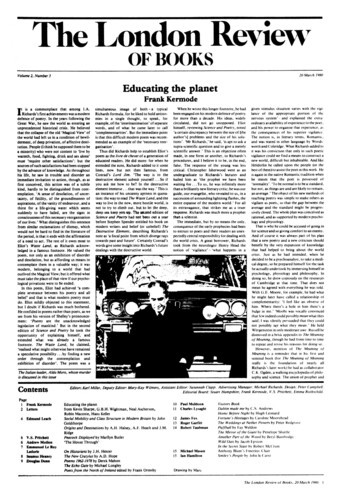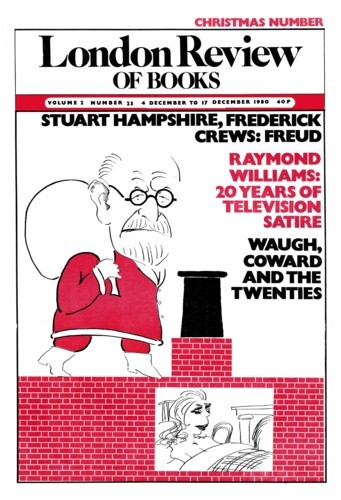The French historian Emmanuel Le Roy Ladurie discusses J.H. Hexter’s book reviews
Emmanuel Le Roy Ladurie, 20 March 1980
To write a review of a book of reviews is no simple task. It is like looking at a mirror in a mirror, as in The Lady from Shanghai, where the revolver shots are lost, finally, in the splintering glass: by dint of looking at themselves in mirrors which reflect other mirrors, neither the gunman nor his human target any longer has much idea of what exactly is going on. It was in this doubting frame of mind that I approached J.H. Hexter’s On Historians, a collection of major book reviews. The moment I began reading the list of contents I was made aware of my own provincialism. Of the seven historians studied in the book, I was familiar with only three: Fernand Braudel has been my mentor for more than quarter of a century; Lawrence Stone guided my first steps into the maze of Anglo-American historiography; Christopher Hill accompanied, a long time ago now, the infant squawks of my early Marxism, which today is much eroded. Though if I still preserve some traces of my belief in that doctrine, I owe it to the high abilities of such ci-devant Marxist historians as Hill.





